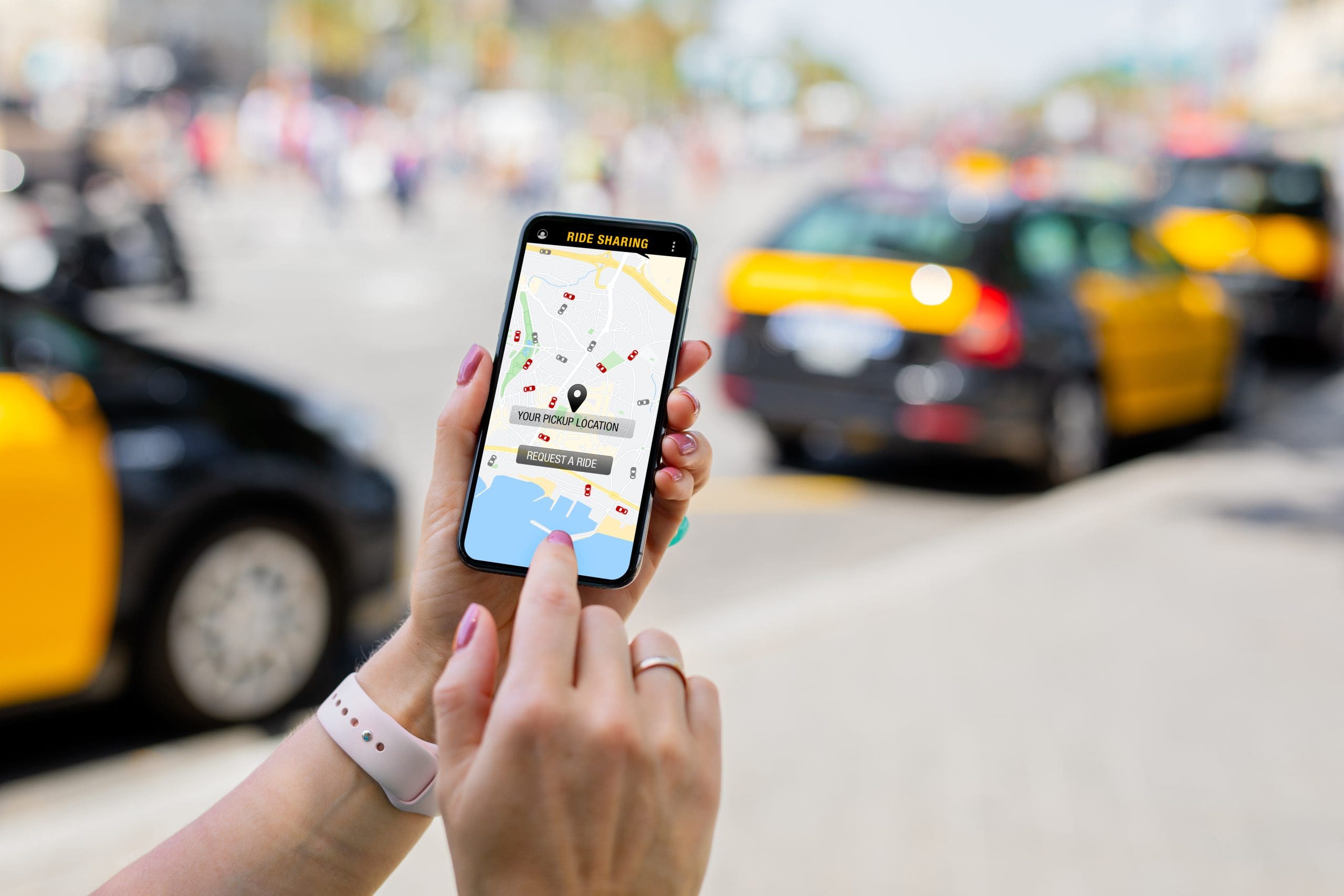Uber/Lyft Accident FAQ

What Insurance Covers Negligent Uber/Lyft Drivers?
Answer: O.C.G.A. § 33-1-24 requires Uber and Lyft to provide the following liability insurance coverage if the Uber or Lyft driver causes a motor vehicle accident while “available”, or awaiting a ride request:
1. $50,000 bodily injury insurance coverage per person
2. $100,000 bodily injury coverage per accident
Uber and Lyft’s insurance coverage stacks on top of the Uber/Lyft driver’s personal auto liability insurance coverage. So, if the Uber/Lyft driver has $25,000 personal auto liability insurance coverage, Uber/Lyft’s $50,000 bodily injury insurance coverage stacks on top of that $25,000 coverage, giving the accident victim $75,000 total insurance coverage. Both rideshare companies also provide $25,000 property damage coverage per accident under that scenario.
O.C.G.A. § 33-1-24 requires Uber and Lyft to provide $1,000,000 liability insurance coverage if the Uber/Lyft driver causes a motor vehicle accident while en route to pick-up a rider, or during a trip. Both rideshare companies will also pay for repairs to the damaged vehicle, up to the actual cash value of the vehicle.
It is possible, although unlikely, that the Uber/Lyft driver’s personal auto liability insurance coverage will provide additional coverage if the rideshare driver causes a collision while transporting a passenger. Most personal auto liability insurance policies exclude coverage if the vehicle is being driven “for hire.”
What Insurance Covers Uber/Lyft Passengers?
Answer: If an Uber/Lyft passenger is injured in an accident caused by a third-party driver (non-rideshare driver), both rideshare companies provide $1,000,000 UM/UIM insurance coverage if the third-party vehicle driver is uninsured or underinsured. However, that UM/UIM rideshare coverage is secondary to the Uber/Lyft passenger’s own UM/UIM insurance policy.
In other words, the Uber/Lyft UM/UIM insurance coverage only applies after the rideshare passenger’s own UM/UIM coverage is exhausted. If the rideshare passenger lives with relatives that have their own UM/UIM insurance coverage, that coverage may also provide additional insurance coverage.
What Insurance Companies Insure Uber?
Answer: Uber’s preferred insurers are Allstate, Farmers, Liberty Mutual and Progressive.
What Insurance Companies Insure Lyft?
Answer: Lyft’s preferred insurers are Allstate, Liberty Mutual, Mobilitas, Progressive, State Farm and Travelers.
If an Uber or Lyft Driver Damages My Vehicle Will Uber/Lyft Pay For My Rental Car While My Vehicle is Repaired?
Answer: Unfortunately, no. Uber and Lyft will pay for your vehicle to be repaired, or replaced, but they will not pay for your rental car. Therefore, you should always make sure that your personal auto insurance policy includes rental car insurance. Rental car insurance coverage is typically just a few dollars a month.
What Steps Should I Take After I’m Injured in An Uber or Lyft Accident?
Answer: First, you should call 911 to report the accident. The 911 operator will dispatch a police officer to prepare a collision report. The 911 operator will also dispatch an ambulance if anyone was seriously injured.
Next, you should report the accident within the Uber or Lyft rideshare app (if you were a passenger). That will trigger Uber and Lyft to set-up an insurance claim. Both rideshare companies will also refund your ride if the collision occurred while you were riding as a passenger.
Finally, you should call an Atlanta personal injury lawyer to represent you. Your lawyer will set you up with medical providers that can treat your injuries. Once you complete your medical treatment, your lawyer will settle your insurance claim. If the insurance company won’t fairly negotiate your claim, your lawyer will file a lawsuit on your behalf and prep your case for trial.
Can I Sue Uber or Lyft?
Answer: No, you cannot sue Uber or Lyft for injuries that you suffer from a rideshare accident. In Georgia, Uber and Lyft drivers are considered independent contractors. That means that Uber and Lyft are not responsible for their rideshare drivers’ negligence. Instead, you can only sue the negligent rideshare driver.

